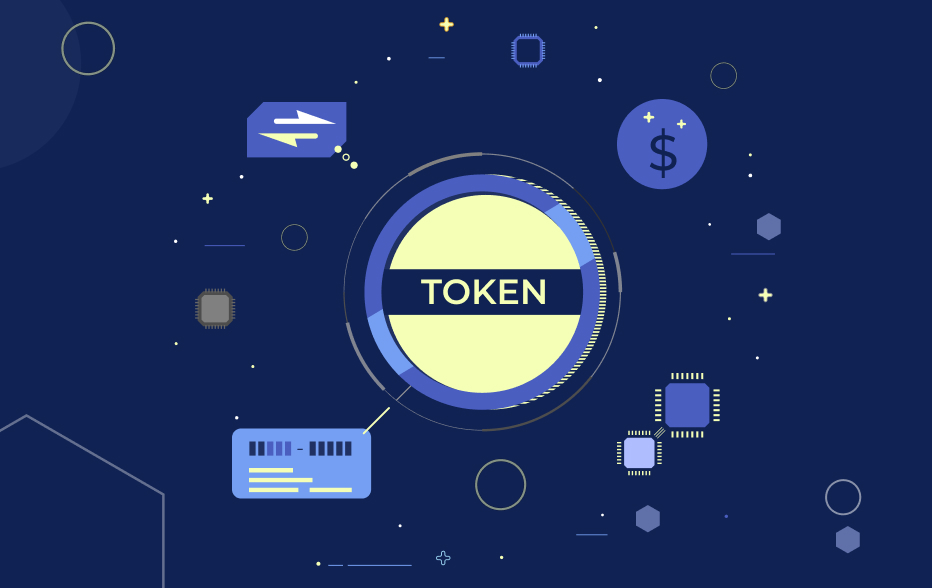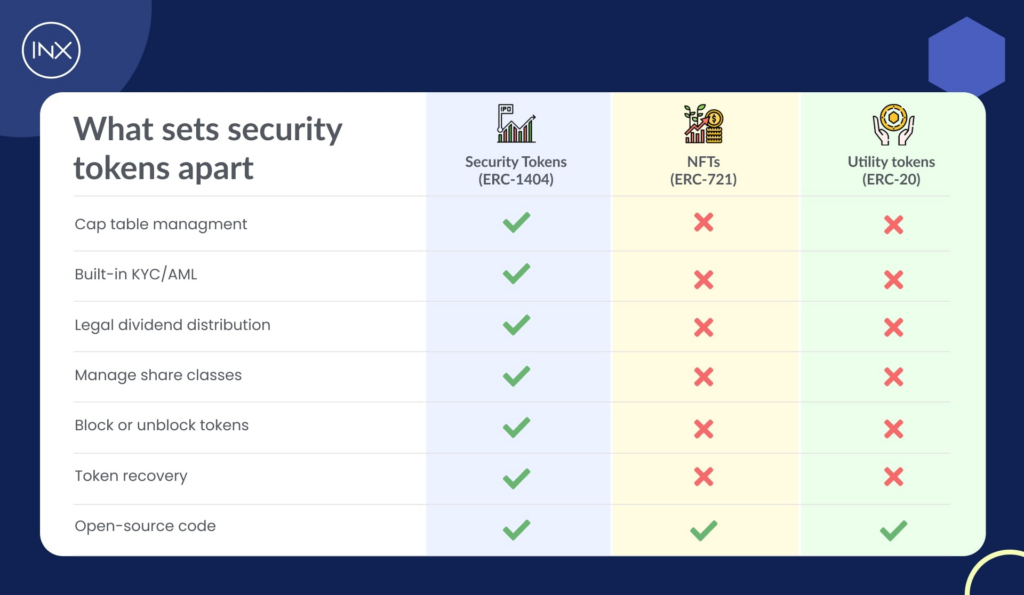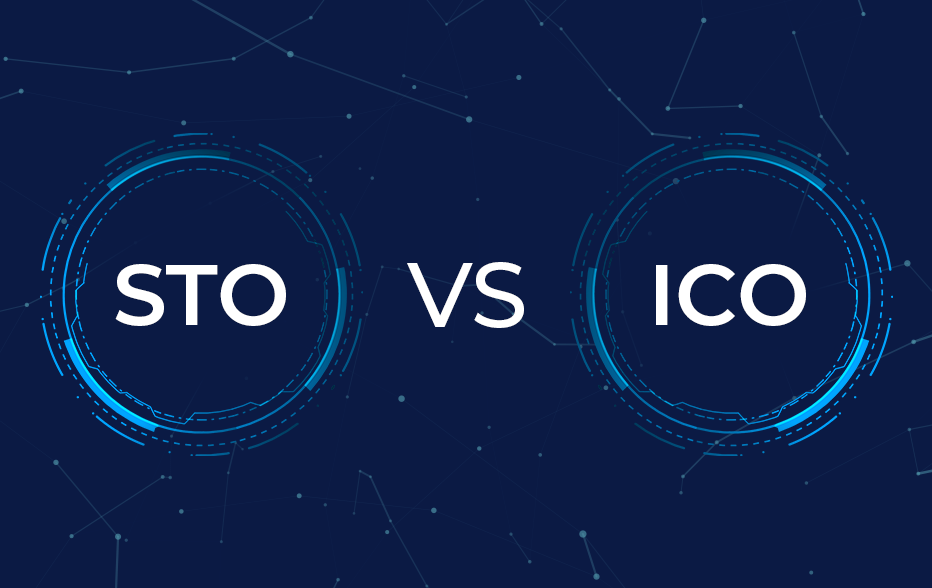What is a Token? 4 Exciting Token Types Empowering the Digital Future

As we push further into the digital age, the opportunities to capitalize on the digitization of assets continue to grow. Taking center stage are the various tokens available to investors. The entire digital asset landscape is full of intrigue, excitement, and promise, yet at the same time, can feel like a complex maze for the uninitiated. The word token itself contains layers of complexities, such that the answer to “What is a token?” is not always so simple. In this article, we’ll define all the relevant digital asset terms clearly, draw distinctions between the various classes of digital assets and show you how to get started in your digital asset investment journey.
What is A Token: Different Types of Tokens and Token Standards
Before we dive into the specific types of tokens, it’s essential to understand the concept of a “token standard.” Simply put, a token standard is a template or set of rules that a token follows to function within a blockchain ecosystem. For instance, Ethereum, one of the most popular platforms for creating tokens, uses several standards, each with unique characteristics and uses. Now, let’s examine some token types.
Utility Tokens
Utility tokens, as the name suggests, provide users with a product or service. They function like an entry pass to an exclusive club, offering access to specific network functionalities. The Ethereum ERC-20 standard is widely used to create utility tokens. It offers a set of pre-defined rules and functions that ensure the token interacts seamlessly with other ERC-20 tokens on the Ethereum network.
Security Tokens
Security tokens are akin to digital shares of a company. They represent investment contracts in an underlying investment asset, such as stocks, bonds, or real estate. Unlike utility tokens, which provide access to a service, security tokens derive their value from the performance of the underlying asset. The Ethereum ERC-1400 standard is an example of a standard designed for security tokens, ensuring compliance with various regulatory requirements.

Non-Fungible Tokens (NFTs)
Non-Fungible Tokens (NFTs) represent unique, indivisible assets, making them different from both utility and security tokens. Be it digital art, virtual real estate, or even tweets, anything can be tokenized into an NFT. Ethereum’s ERC-721 and ERC-1155 standards are commonly used to create NFTs. They allow each token to have unique characteristics and metadata, leading to the creation of truly one-of-a-kind assets.
In comparing security tokens vs. utility tokens, the primary difference lies in their purpose and regulatory treatment. While utility tokens offer access to a network’s functionality, security tokens represent an investment in an underlying asset and are subject to securities regulations.
Is Bitcoin a Token?
Bitcoin is a coin, not a token. Why? Because it operates on its blockchain, independent of any other platform. It serves as a digital currency, a means of exchange, and it doesn’t represent a stake in a project or an underlying asset like tokens do. Tokens, on the other hand, are built on existing blockchains, such as Ethereum, and offer a wider array of use-cases beyond just being a medium of exchange.
Tokenization is an incredible tool, allowing for unique utilities, asset representation, and seamless integration into existing blockchain ecosystems. Each token is an essential part of the vast and thrilling crypto mosaic that continues to evolve, shape economies, and redefine how we perceive value.
How to Trade Tokens
Stepping into the world of token trading is truly an exhilarating ride, opening up new possibilities to diversify your investments. At INX, you have the unique opportunity to trade security tokens and cryptocurrency on a single platform in a regulated environment, an opportunity unique to INX!
Embarking on your token trading journey is simpler than you might imagine. Let’s break it down:
- Create an Account: As your first step, you’ll need to create an account on INX. During this process, you’ll be asked to provide some personal identification information as part of our Know Your Customer (KYC) requirements.
- Fund Your Account: After setting up your account, it’s time to add funds. You can deposit funds at INX through a bank wire. If you’re in the US, you also have the option to use a card.
- Choose Your Tokens: INX provides access to a wide array of tokens. While Bitcoin and Ethereum are popular choices, numerous other tokens are also available on our platform, each with its unique attributes.
- Start Trading: Now, you’re all set to start your trading journey! Buy or sell tokens based on your research and market predictions. Remember to use strategies such as setting stop-loss orders to manage potential losses and protect your investment.
- Keep Learning: The digital token landscape is ever-evolving, and staying ahead of the curve means continually learning about new tokens, market trends, and effective trading strategies.
Trading tokens is thrilling, but remember it also comes with its risks. Always ensure to trade responsibly and only invest what you’re comfortable losing. Now, with all said and done, the captivating world of token trading awaits. Are you ready to dive in?
David Azaraf July 17, 2023
Crypto enthusiast, help businesses plug into the token economy





